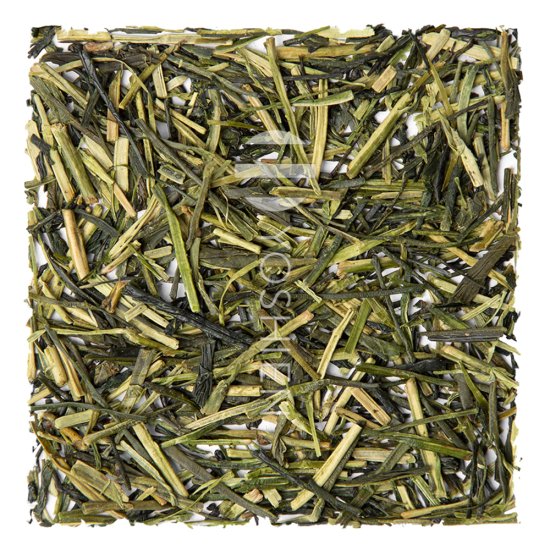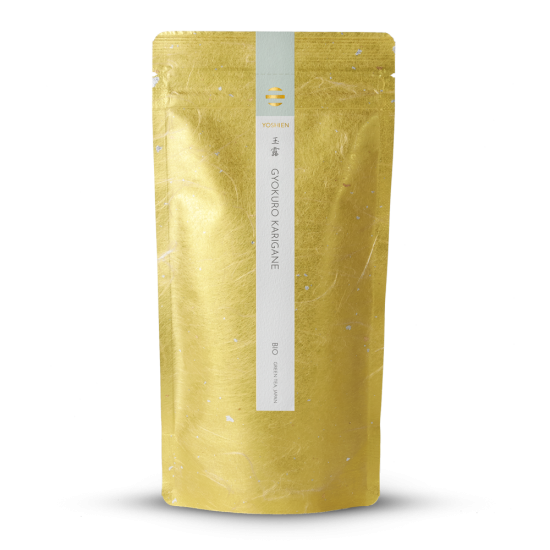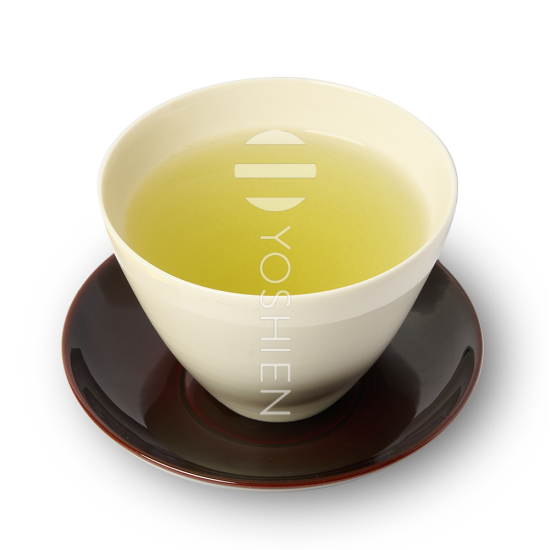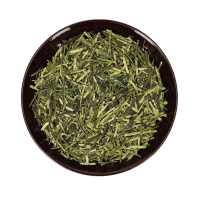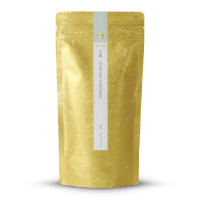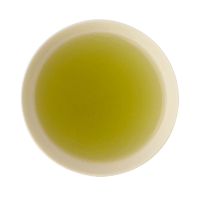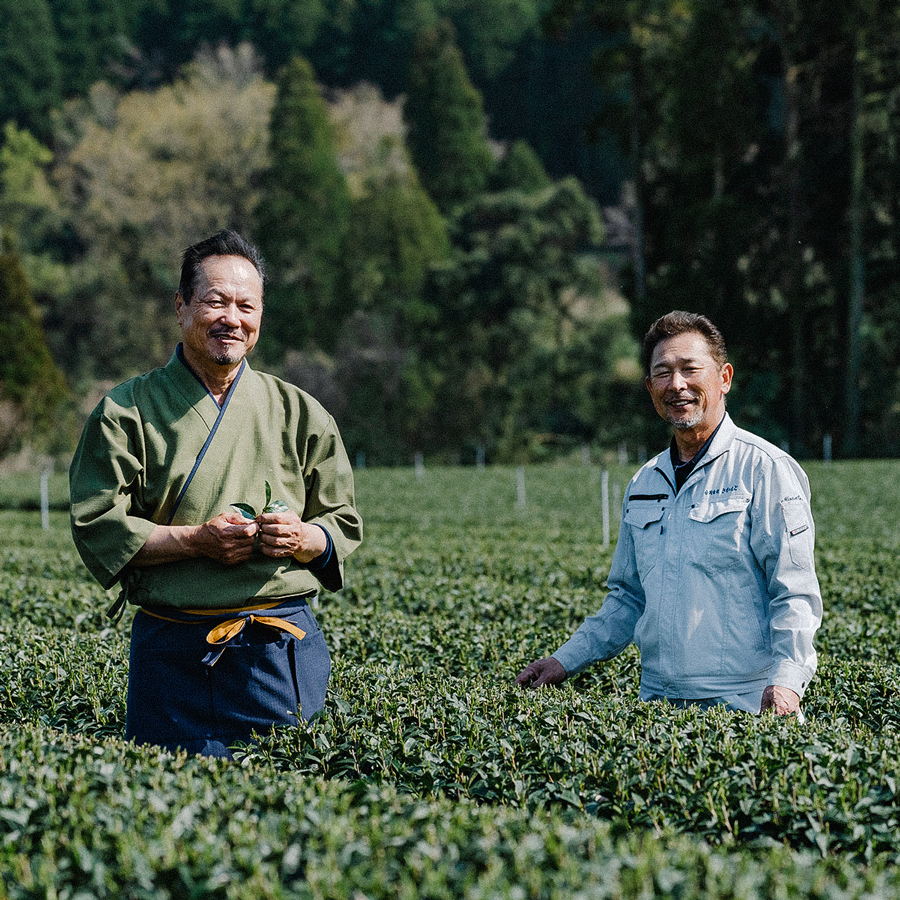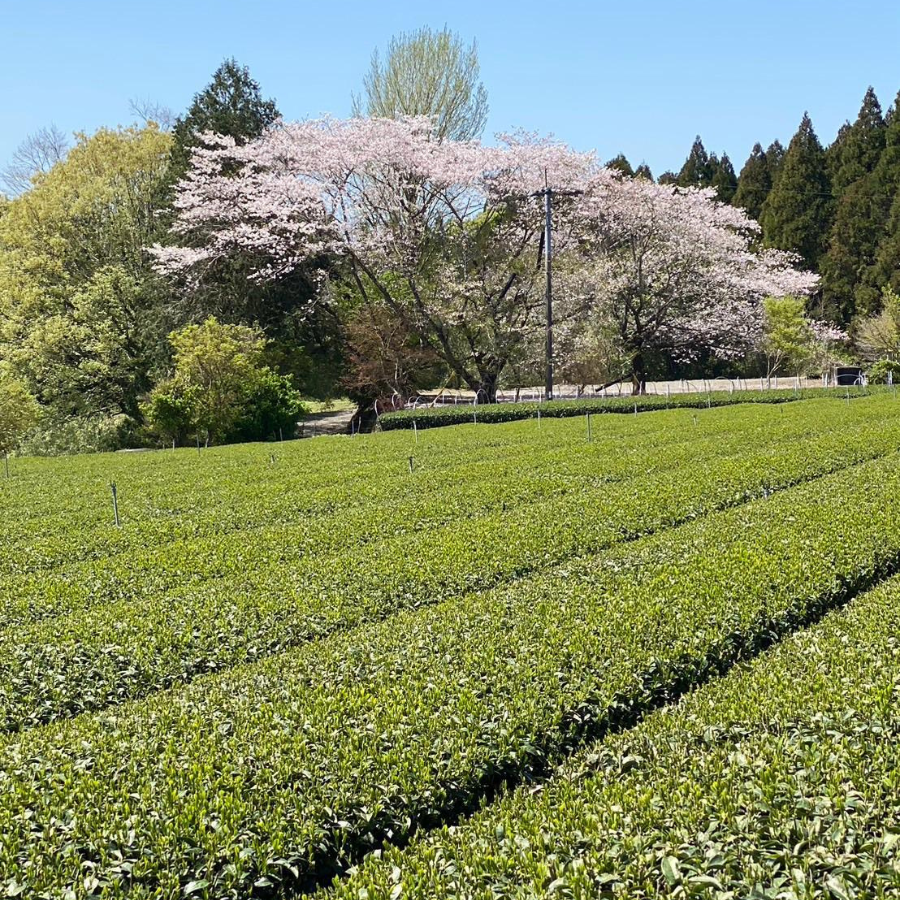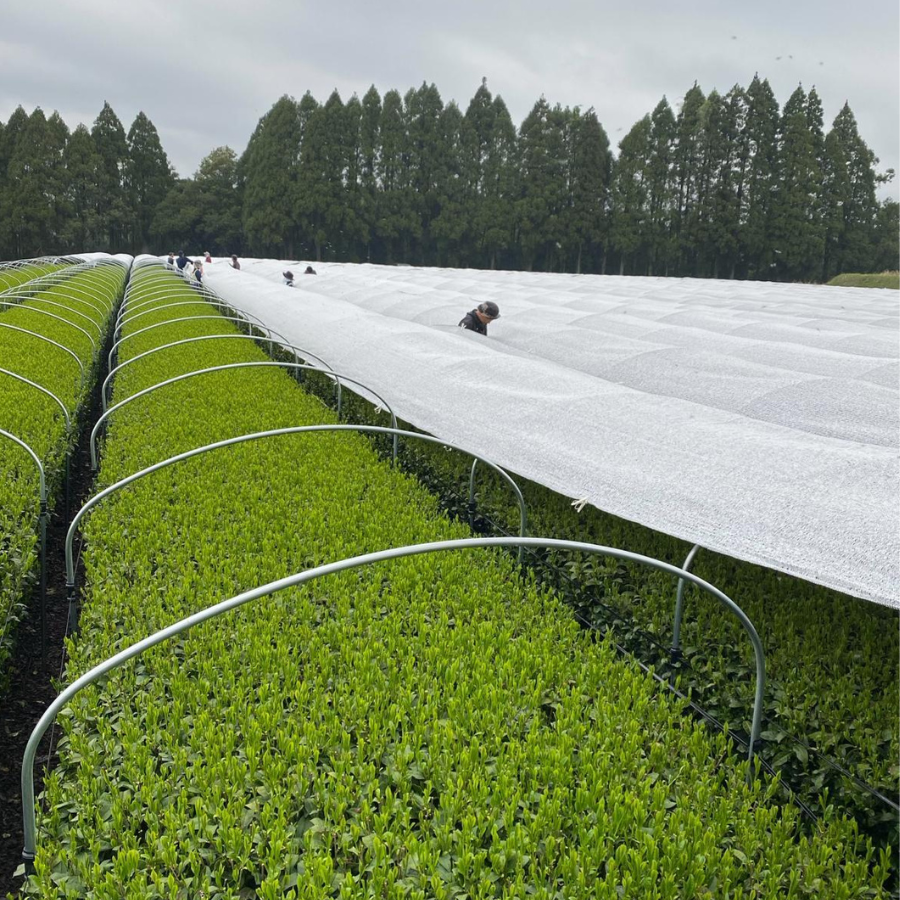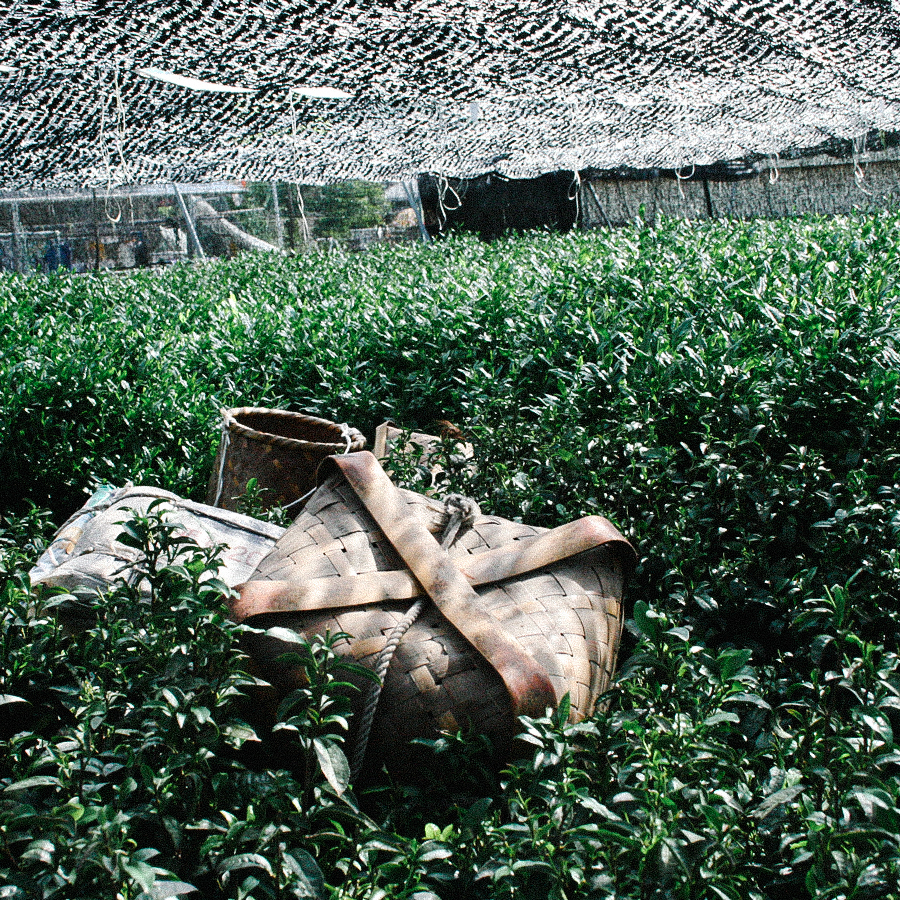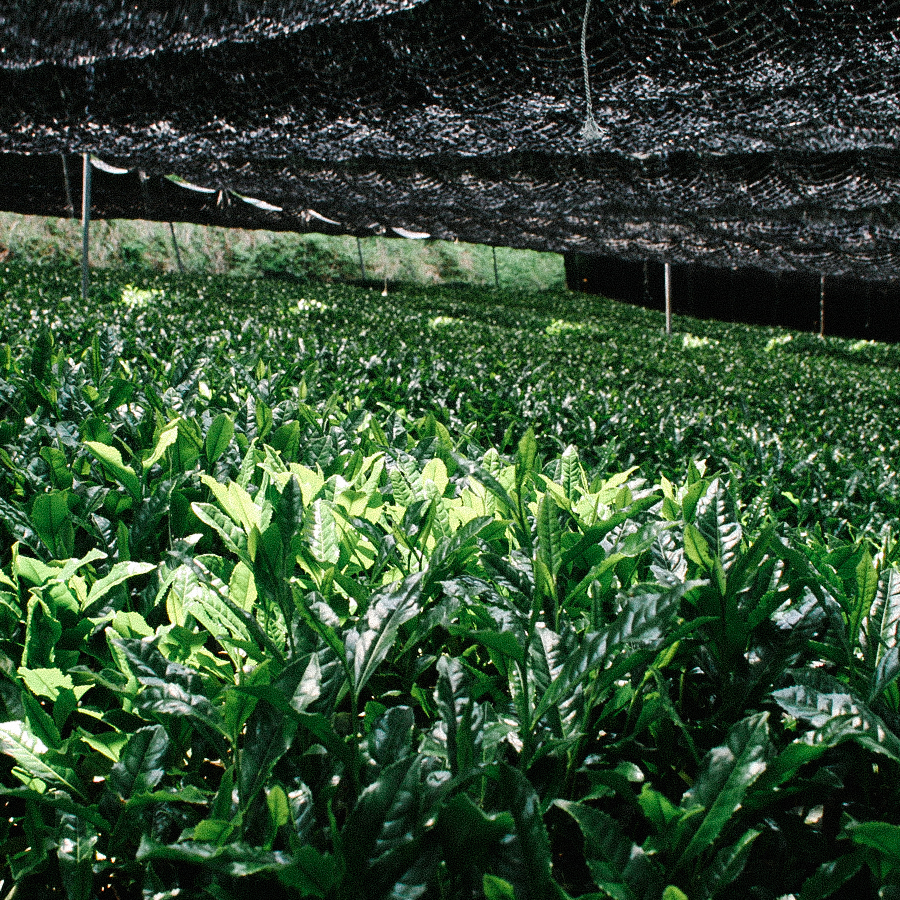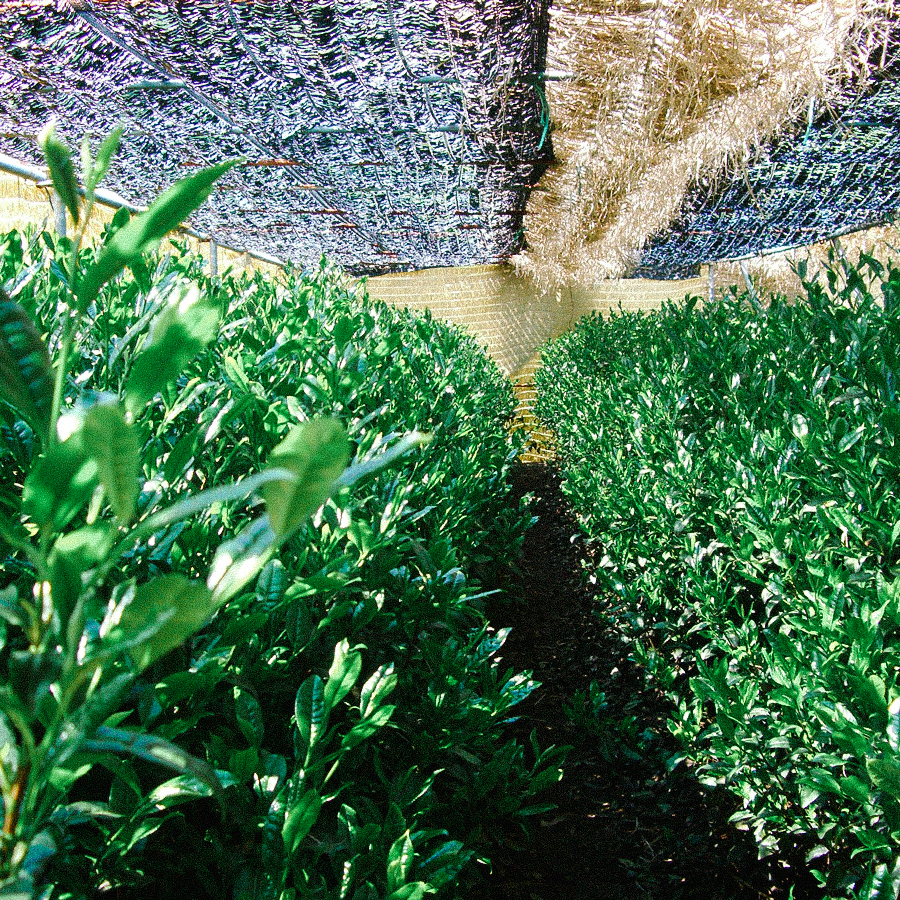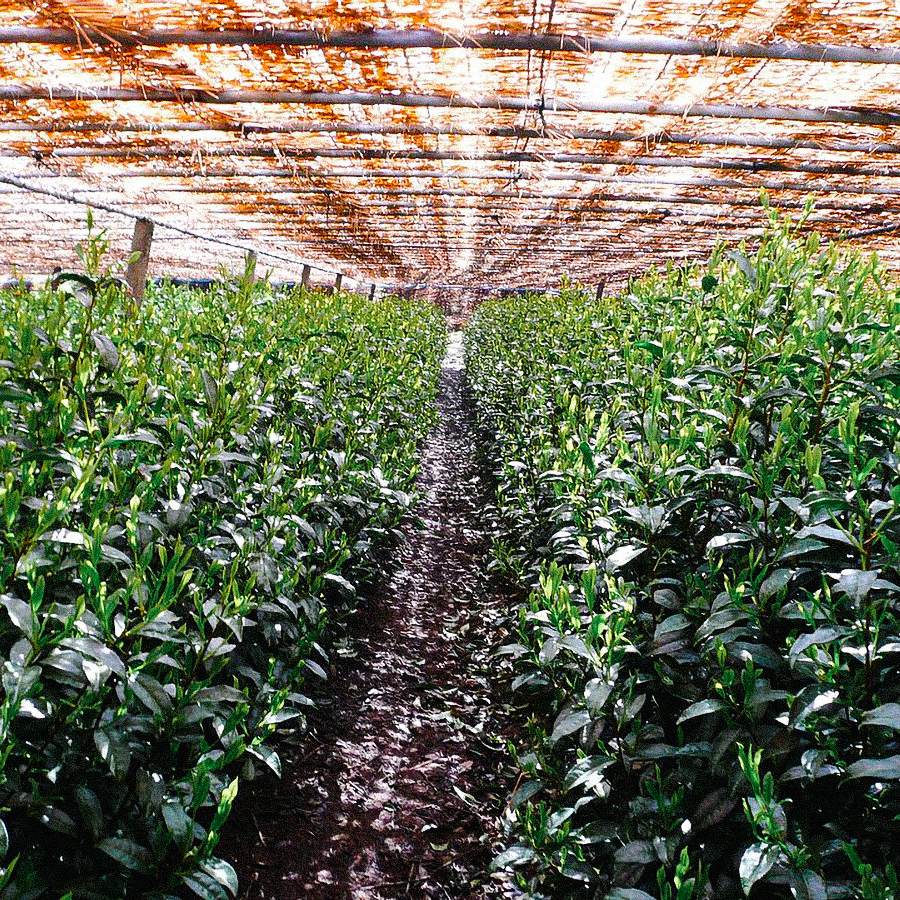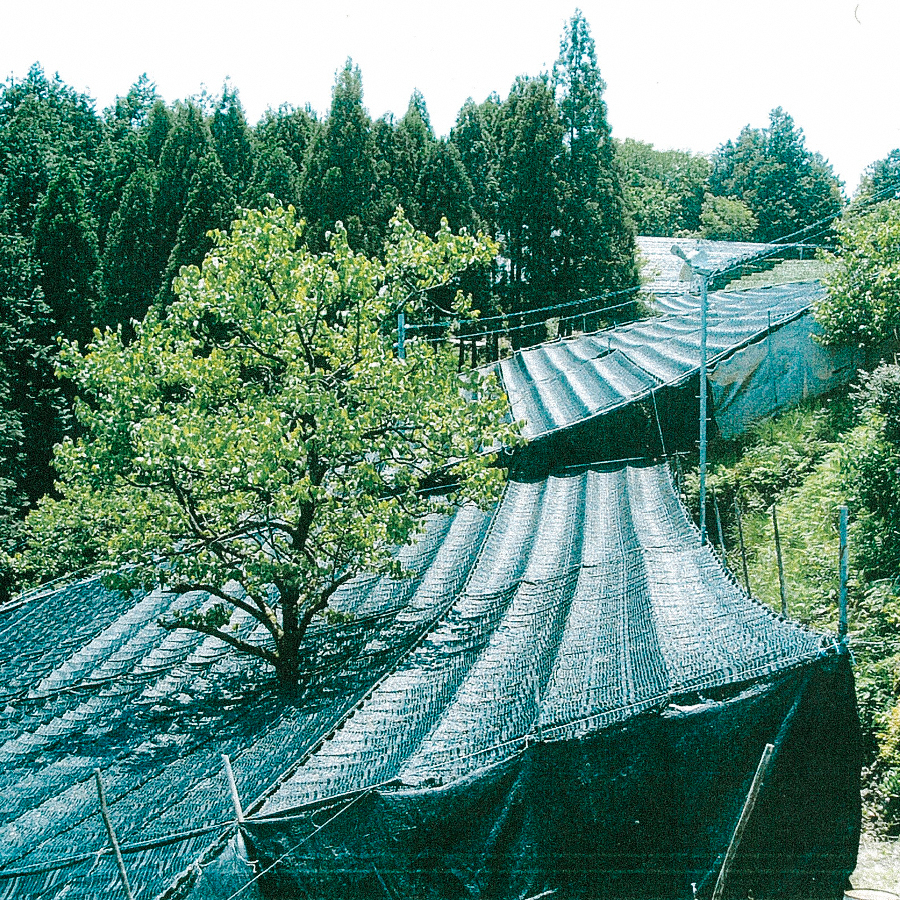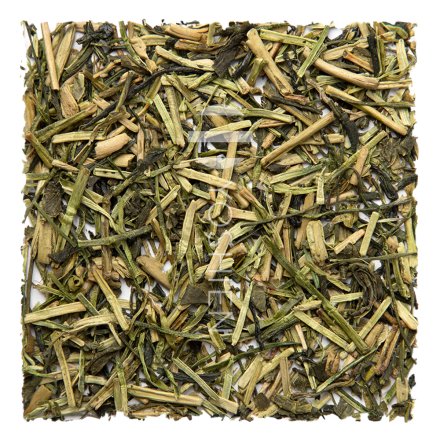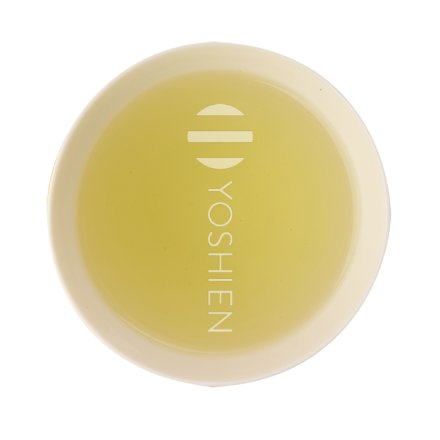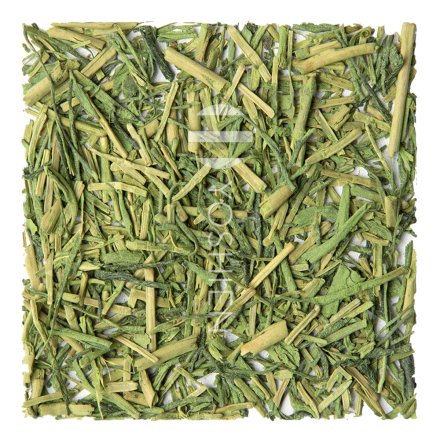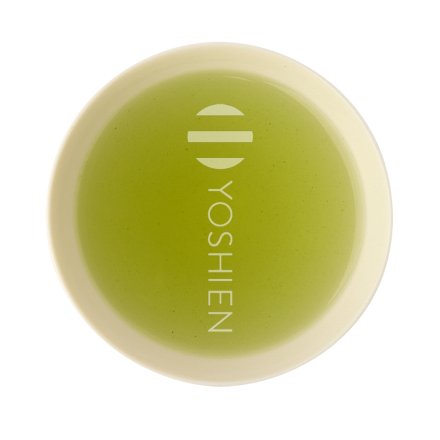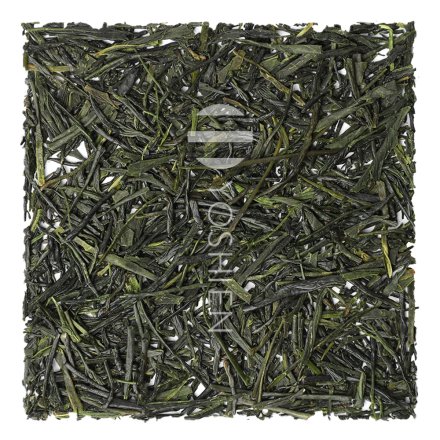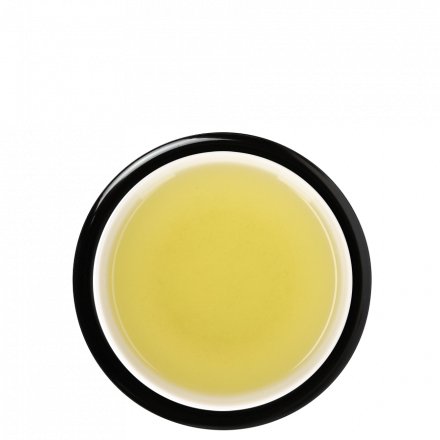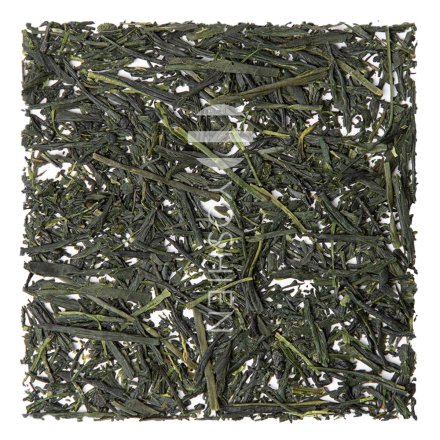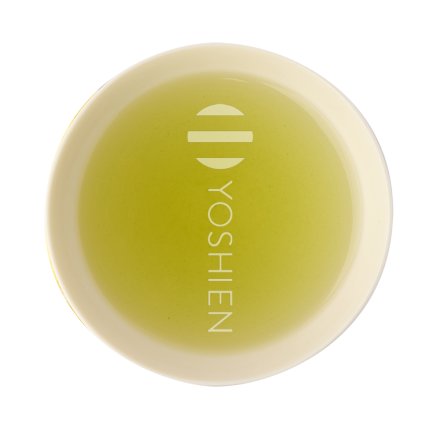The county of Matsuyama is considered one of the top locations in Kagoshima for gyokuro and sencha production. The volcanic Akahoya soil has excellent drainage and the climate is overall mild, which facilitates the growth of gyokuro and especially early cultivars. Though the temperatures are slightly below the average, the fluctuation between night and day proves beneficial to the overall quality of the tea. The tea fields furthermore sit at roughly 190m above sea level.
The Sakamoto brothers are particularly proud of their organic, self-made fermented fertiliser (ボカシ; bokashi, or extended slow-acting fertiliser). Only a few hundred kilos of this tea are harvested during the first harvest every year.
Single Origin
This tea is exclusively sourced from the above mentioned tea farm in Matsuyama. Sourced directly from the tea producer located next to the farm.
Organic Certification






